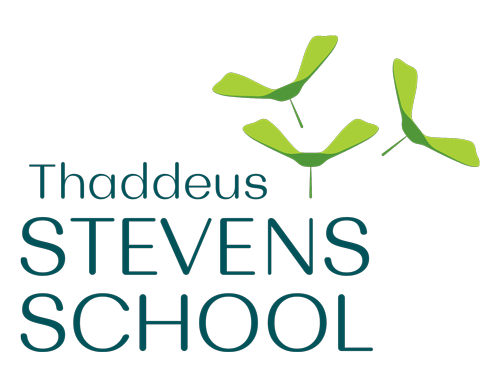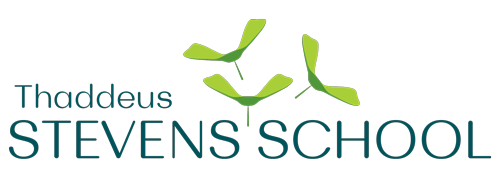39 Luther Circle
PO Box 274
Lyndon Center, VT 05850
Contact Us
An accredited independent day school serving Preschool-8th grade in East Burke, Vermont
Preschool Philosophy
At Kingdom Montessori at Thaddeus Stevens School, we put a special emphasis on developing a peaceful space, where disputes are resolved and punishments are not imposed.
Children learn to develop an inner discipline that guides their actions and behaviors. They do this by learning to act within the limits of the classroom, respecting its order and its other members. Teachers model appropriate behaviors and guide the children as they learn the joys of becoming a member of a peaceful group.
The children possess a great sense of freedom in their work, as they are allowed to work at their own pace within the carefully designed environment. The teacher relies on her observation of the child to decide which new materials to introduce or suggest. The aim is to encourage active, self-directed learning and to strike a balance between individual mastery and group collaboration. Creativity is a natural outgrowth of a classroom environment that encourages freedom and choice, but also sets appropriate limits.
Joy in learning and the ability to concentrate are the norm in a classroom where the emphasis is not placed on competition or production, but instead on “the fullest possible development of a child according to his capabilities”. In such an environment children grow in self-confidence and in understanding their world. To help them in this process is a continuous joy.
Dr. Maria Montessori was a scientist, medical doctor and educator.
She believed that education must meet the needs of the whole child: his mind, his body and his spirit. Her approach to teaching was built on her respect for the child and her belief that children are capable of acquiring the skills of reading, writing and number concepts at a young age. She believed that children do so given opportunity and help, impelled not by adult pressure but by an innate desire to learn.
Further, she observed that children learn an immense amount by the time that they reach age three, simply by absorption of information and experience. They learn to walk, speak and to voraciously explore their world. She defined as “sensitive periods” those ages at which a child exhibits his curiosity in a specific way.
Feeling that the senses first organize the intellect, Dr. Montessori designed apparatus which could be manipulated: sandpaper letters and numbers to be traced, painted wooden rods of different lengths to teach numbers, colored beads for counting, cylinders to teach size, and many other learning tools. These apparatus give the child access to clear concepts to help him organize his world, develop muscle coordination, and let him experience the joy of learning independently.
Dr. Montessori found that children do not differentiate between work and play, nor do they learn in the same way as adults. Give children meaningful activities, Montessori advised, and let them repeat an action as often as they wish, for their satisfaction comes not in producing results as much as in performing the action itself.
Dr. Montessori created a new classroom environment scaled to the child, filled it with fascinating learning materials and gave each child freedom within this prepared environment. Under guidance of a teacher trained to show him how to use the apparatus and prepared to leave him to learn from it as much as from her, the student thrived!
Today’s Montessori classroom is equipped with many teaching tools that instruct children in the five basic areas of the Montessori preschool program: Practical Life, Sensorial, Mathematics, Language, and Culture.
BEGIN YOUR JOURNEY AT THADDEUS STEVENS SCHOOL TODAY!
CONTACT US
CONTACT US
PROGRAMS
Accredited by the New England Association of Schools and Colleges
Member of the First Amendment Schools Network
Member of the Vermont Independent Schools Association



